The following sources from the University of California, Davis, are available to talk with media about climate change and wildfire, smoke and air quality.
Forestry and fire
Hugh Safford is a research ecologist in the Department of Environmental Science and Policy and chief scientist of Vibrant Planet, an environmental public benefits corporation that works in wildfire risk mitigation and climate change. Safford was regional ecologist for the U.S. Forest Service in the Pacific Southwest Region until he retired in 2021. He can discuss climate change adaptation, fire and vegetation ecology, wildfire risk mitigation, forest and ecosystem management, ecological restoration, and science application and translation. Additional languages: German, Spanish, Portuguese, French. Contact: hdsafford@ucdavis.edu
Andrew Latimer, an ecologist and professor of Plant Sciences, can discuss how trees and forests respond to climate change, drought and fire, including drivers and effects of wildfire and controlled burns in forests. He can also discuss forest management topics including pre- and post-fire forest restoration and reforestation. Contact: amlatimer@ucdavis.edu
Mark Schwartz, an ecologist and professor of environmental science and policy, can speak broadly about climate change impacts on forested ecosystems, stressors and management responses. Contact: mwschwartz@ucdavis.edu
James Thorne, a research scientist with the Department of Environmental Science and Policy, can discuss the vulnerability of California’s vegetation to climate change over the coming decades. He can also discuss issues related to water, ecosystems, conservation and land use. Contact: jhthorne@ucdavis.edu
Gary Bucciarelli directs the Lassen Field Station for UC Davis Natural Reserves and leads a project using artificial intelligence to analyze the impacts of wildfire on natural ecosystems. He can discuss forest ecology, conservation, fire and the use of AI technologies to better understand them. His primary focus is freshwater ecosystems, California amphibians and invasive species, so he can also discuss how frogs and salamanders are impacted by drought and climate change. Contact: garyb@ucdavis.edu
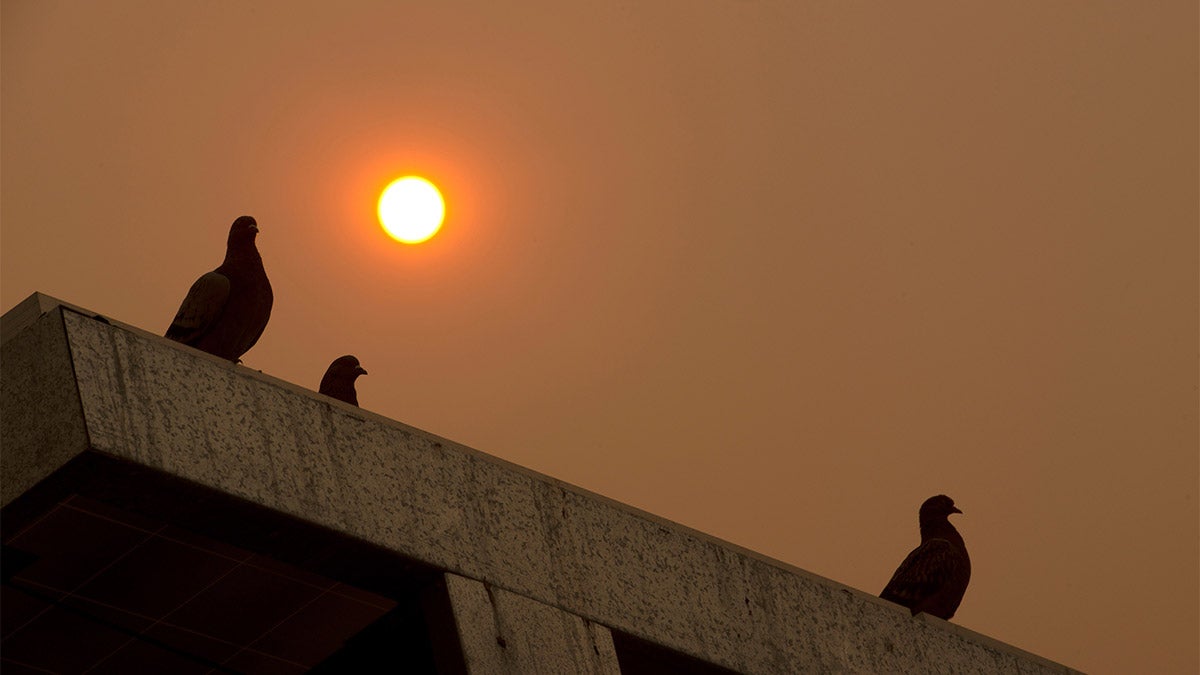
Air quality, smoke and health
Irva Hertz-Picciotto, is professor of the Department of Public Health Sciences at the UC Davis School of Medicine and directs the Environmental Health Sciences Center. An environmental epidemiologist, she can discuss the potential health impacts of wildfire, smoke and other environmental exposures. Contact: ihp@ucdavis.edu, 530-848-9495, or Lisa Howard at UC Davis Health, 916-752-6394, lehoward@ucdavis.edu
Anthony Wexler, director of the Air Quality Research Center, can discuss air quality of urban and natural areas, and the impacts of wildfire, emissions and other forms of pollution on air quality. Contact: 530-754-6558, aswexler@ucdavis.edu
Kent Pinkerton, professor of pediatrics in the School of Medicine and director of Center for Health and the Environment, can discuss the health effects of inhaled environmental air pollutants, including smoke from wildfires. Contact: 530-752-8334, kepinkerton@ucdavis.edu
Michael Kleeman is a professor in the Department of Civil and Environmental Engineering. He can discuss urban and regional air quality problems, including those associated with wildfires and smoke events. Contact:mjkleeman@ucdavis.edu
Rebecca Schmidt is a molecular epidemiologist and professor in the UC Davis School of Medicine. She can discuss how exposure to wildfire smoke during pregnancy may impact birth outcomes and child development. Contact: rjschmidt@ucdavis.edu
Lisa Miller is professor of anatomy, physiology and cell biology in the School of Veterinary Medicine and associate director of research at the California National Primate Research Center. She studies how environmental exposures like air pollution, allergens and microbes affect pulmonary and immune system development during the first year of life. She can discuss health impacts of wildfire smoke for children and adults. Contact: lmiller@ucdavis.edu
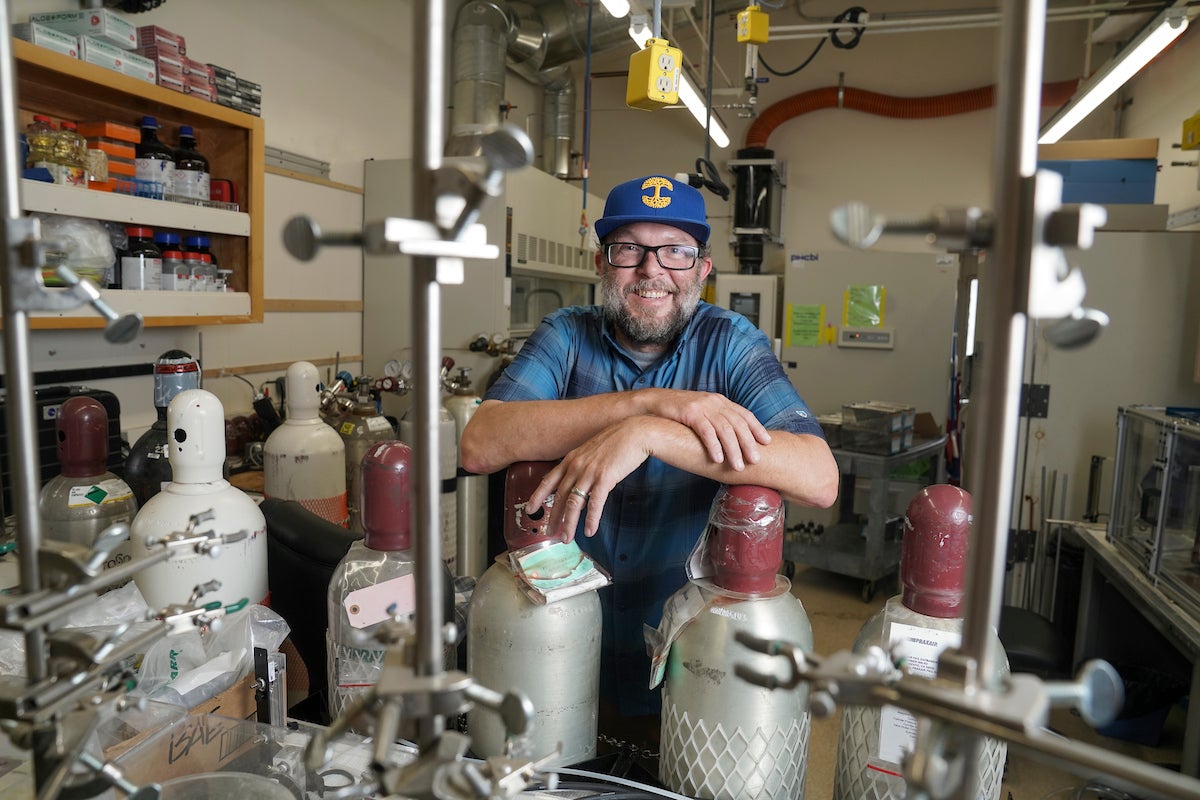
Keith Bein is a professional researcher within the Air Quality Research Center, and Center for Health and the Environment. He can discuss the health effects of air pollution and smoke from wildfires, the role of particles in climate change, air sampling techniques and environmental justice. Contact: 530-570-2562, kjbein@ucdavis.edu
Ian Faloona, is a micrometeorologist in the Land, Air and Water Resources department. He can discuss long term changes in air quality across the state and how wildfire emissions are changing the playing field for how we think about and regulate air quality. He has published on how wildfire emissions have impacted the Central Valley and more remote parts of California using satellite and surface measurements. Contact: icfaloona@ucdavis.edu
Jamie Hansen-Lewis is an assistant professor of agricultural and resource economics. She can discuss the effect of maritime air quality regulations on human health. Contact: jhansenlewis@ucdavis.edu
Lakes, smoke and water quality
Steven Sadro is a limnologist and associate professor of Environmental Science and Policy. He can discuss the impacts of wildfire smoke on lake ecosystems. His lab introduced the concept of the lake-smoke day and quantified the extent of wildfire smoke across California and North America during major fire years, including 2018, 2020 and 2021. Contact: ssadro@ucdavis.edu
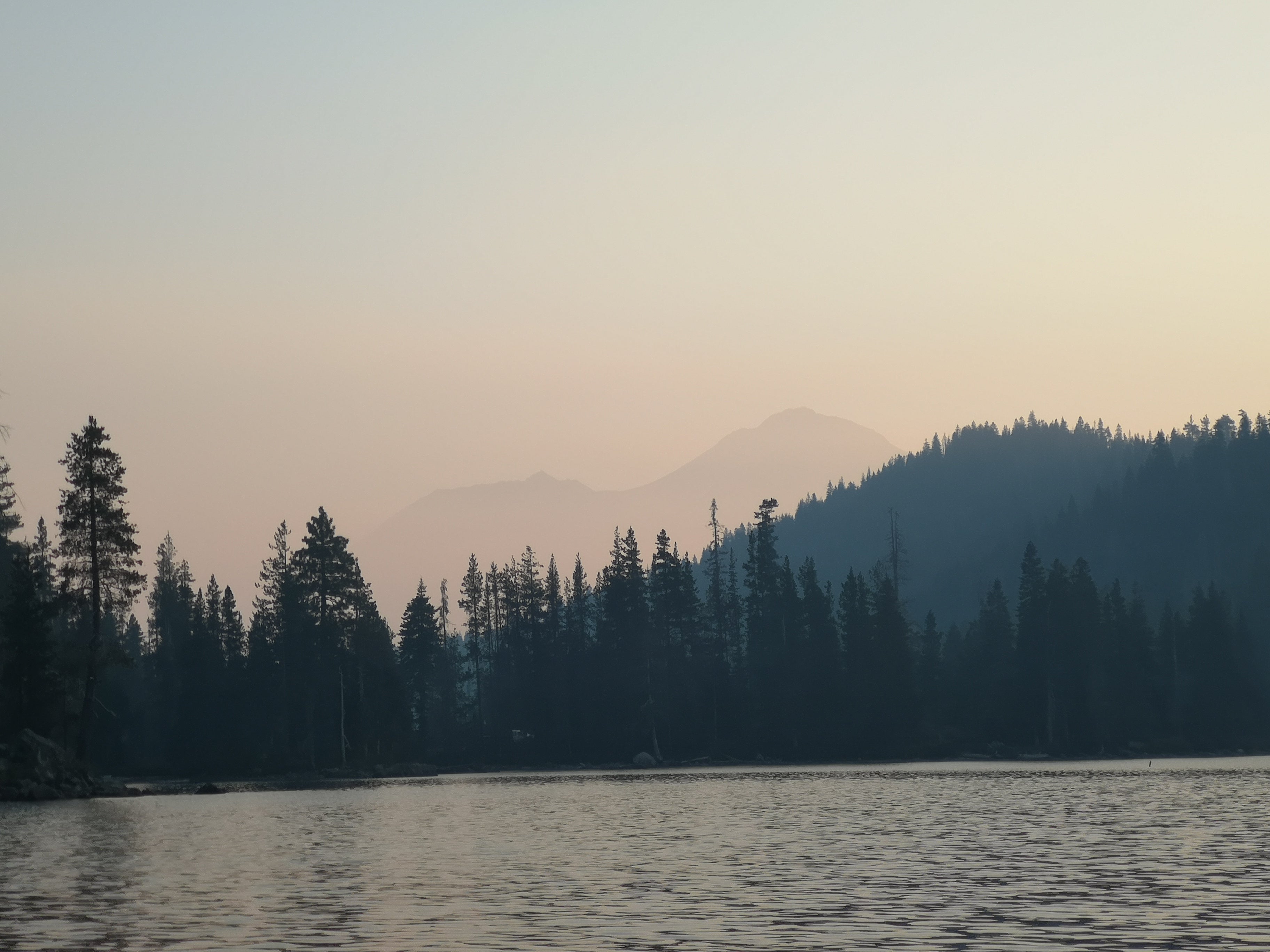
Jasquelin Peña is an associate professor of environmental engineering. She is an expert in molecular and environmental geochemistry and joins this perspective with community-engaged science to study fire-impacted watersheds. She can discuss the impacts of wildfire on water quality and soil processes. Contact: pena@ucdavis.edu
Climate change, adaptation, resilient construction and managed retreat
Paul Ullrich is a professor of regional climate modeling in the Department of Land, Air and Water Resources. He can discuss climate change’s influence on extreme weather events such as wildfires and drought and atmospheric dynamics. Contact: paullrich@ucdavis.edu
Michele Barbato is a structural engineering and structural mechanics professor in the Department of Civil and Environmental Engineering. He also co-directs the UC Davis Climate Adaptation Research Center and directs the CITRIS Climate Initiative. His research is focused on developing sustainable and wildfire-resilient construction materials. He can also discuss wildfire risk assessment and mitigation, and other hazard mitigation strategies for earthquakes, hurricanes, wind and climate-related challenges. Additional language: Italian. Contact: mbarbato@ucdavis.edu
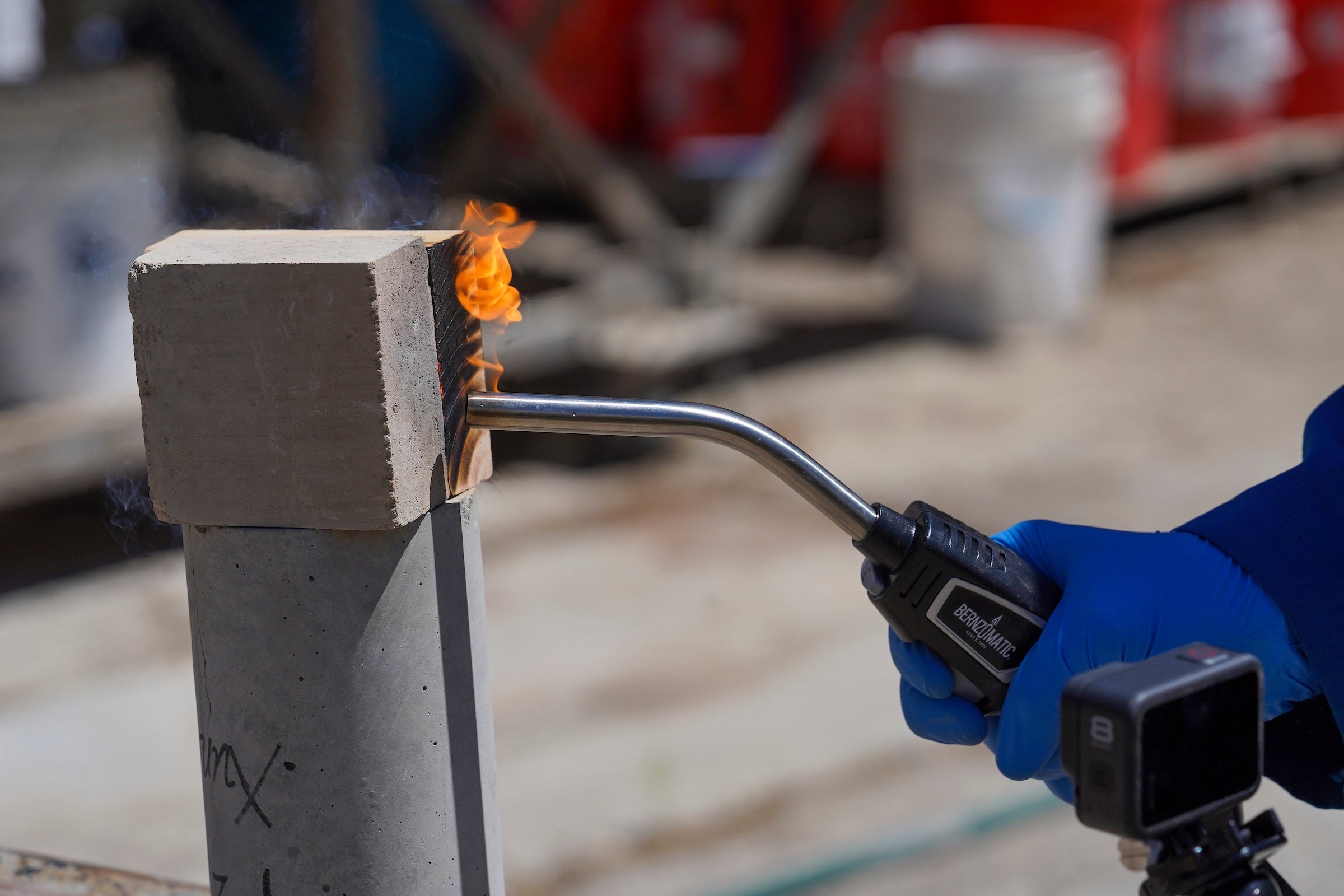
Emily Schlickman is an assistant professor of landscape architecture and environmental design in the Department of Human Ecology. She’s a co-author with Brett Milligan of the book “Design By Fire,” which examines how and where people in fire-prone areas live to better adapt to wildfire. She can discuss landscape stewardship and land-use planning techniques for bolstering resilience in wildfire-prone areas. Contact: eschlickman@ucdavis.edu
Brett Milligan is an associate professor of landscape architecture and environmental design in the Department of Human Ecology. He’s a co-author with Emily Schlickman of the book “Design By Fire,” which examines how and where people in fire-prone areas can better co-exist with wildfire. He also directs the Metamorphic Landscapes Lab, which works with public agencies and stakeholders to design landscape-based adaptions to accelerated climate and environmental change. He can discuss managed retreat and climate adaptation. Contact: bmilligan@ucdavis.edu
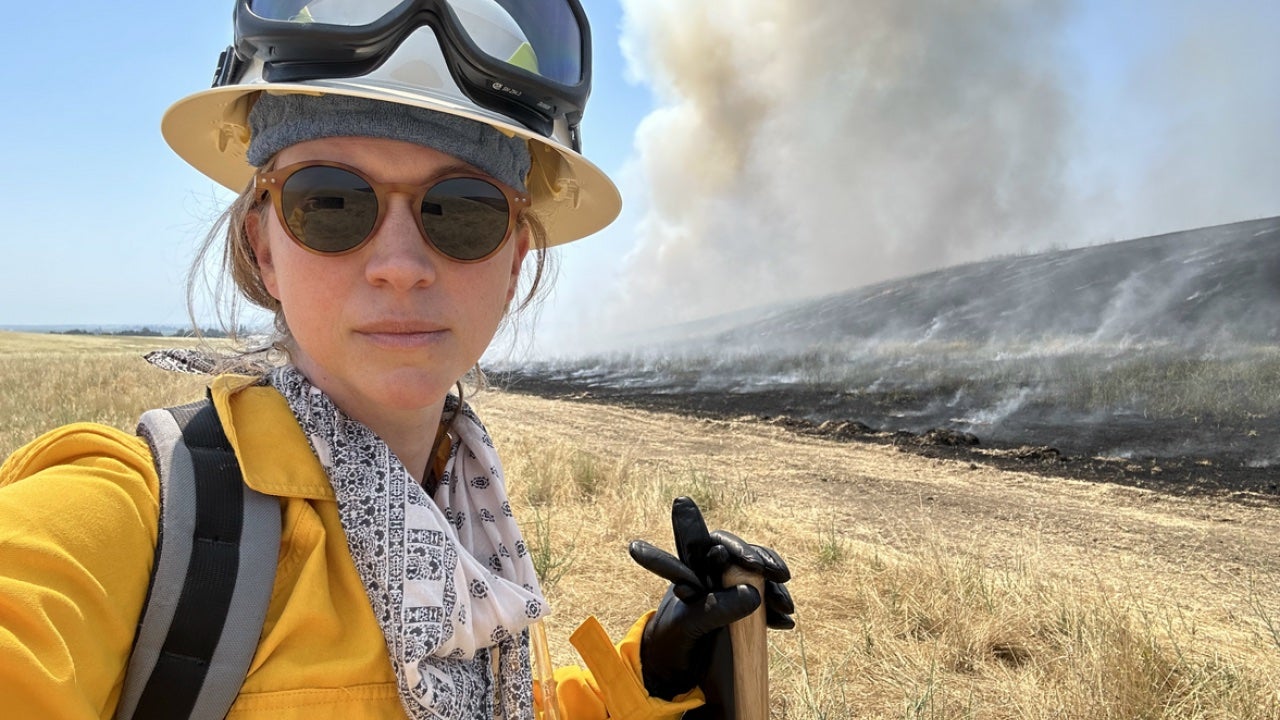
Tom Maiorana is an associate professor in the Department of Design, where he focuses on product design, design thinking, and prototyping. His projects create playful ways to help communities explore and act within complex systems. His community-safety-inspired board game “Tomales Resilience,” featured on NPR, simulates real-life wildfire evacuation to help community members visualize and prepare for a disaster. Contact: tmaiorana@ucdavis.edu
Cultural burning and Indigenous fire
Beth Rose Middleton Manning (Afro-Caribbean, Eastern European) is a professor of Native American studies at UC Davis. Her research centers on Native environmental policy and Native activism for site protection using conservation tools. She co-created the course “Keepers of the Flame” and can discuss cultural burning, or Indigenous fire, and its careful application by Native people to manage landscapes. Contact: brmiddleton@ucdavis.edu
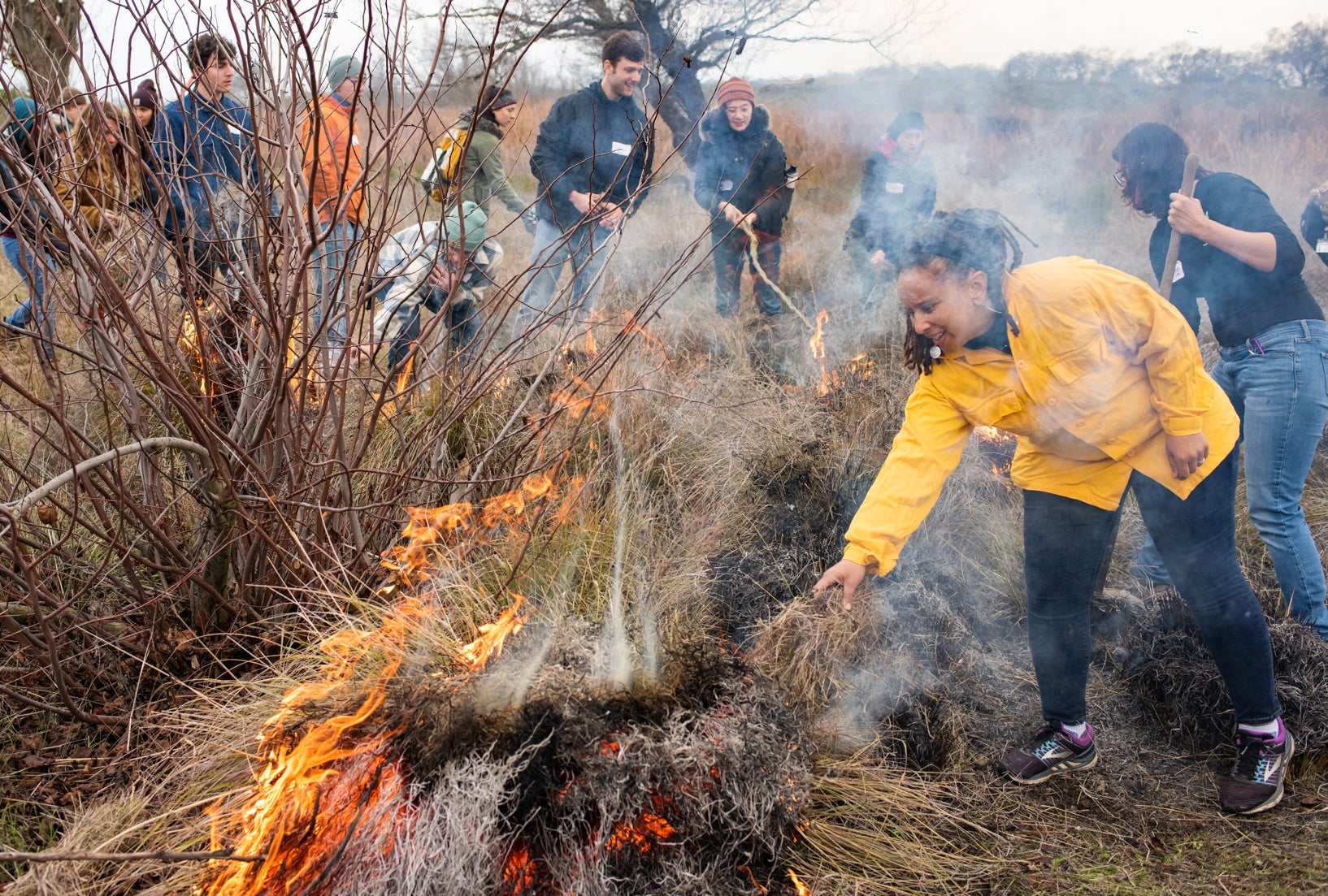
Deniss Martinez is program manager for the UC Davis Environmental and Climate Justice Hub and a Ph.D. candidate in the Graduate Group in Ecology. She conducts research into forest management policies and restoring cultural fire practices for Indigenous communities in California and teaches cultural Indigenous practices, environmental justice and policymaking to undergraduates. Contact: djmartinez@ucdavis.edu
Plants and wildfire
Valerie Eviner is a professor and ecologist in the Department of Plant Sciences. She researches plant-soil-animal interactions and the resilience of ecosystems under changing conditions. She can discuss the impacts of wildfire and post-wildfire recovery in California landscapes, such as grasslands, oak woodlands and riparian areas. She can also discuss how a history of burning influences drought, and how land management (e.g. grazing, prescribed fires, vegetation restoration) can influence wildfire impacts, and post-fire recovery. Contact: veviner@ucdavis.edu
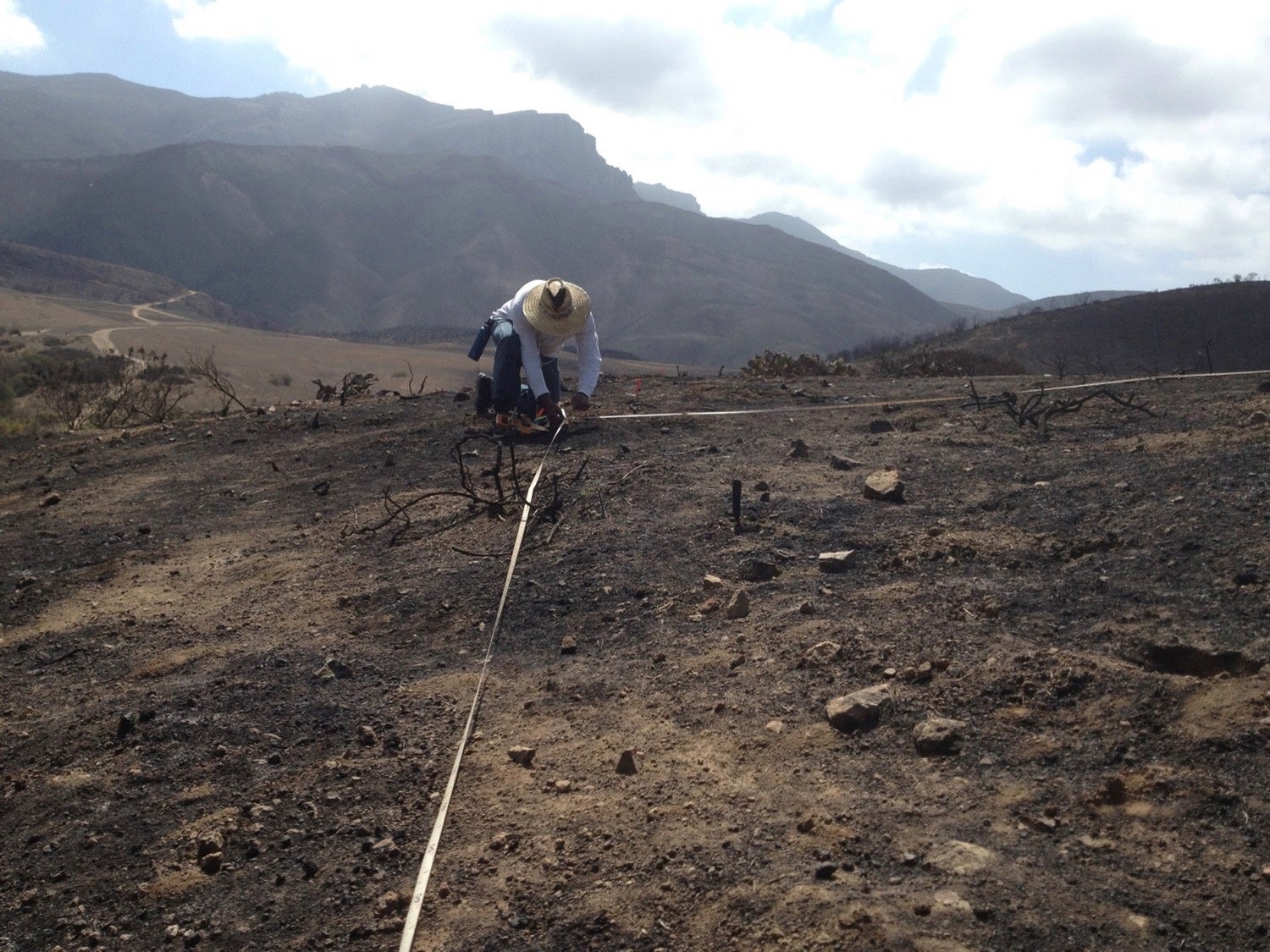
Justin Michael Valliere is a plant ecologist and assistant professor of Cooperative Extension in Invasive Weed and Restoration Ecology in the Department of Plant Sciences. He is interested in how plant communities respond to new stressors and disturbances, including invasive species, wildfire and environmental change. He also researches how to best restore native ecosystems in the face of environmental change. Valliere also explores how nitrogen deposition from air pollution influences native plant diversity, the spread of invasive species, and wildfire recovery. Contact: jmvalliere@ucdavis.edu
Drones and remote sensors for wildfire research
Derek Young is a research scientist in the Department of Plant Sciences. He leads the Open Forest Observatory and can discuss forest disturbance, ecology and management, as well as the use of drones for forest research. Contact: djyoung@ucdavis.edu
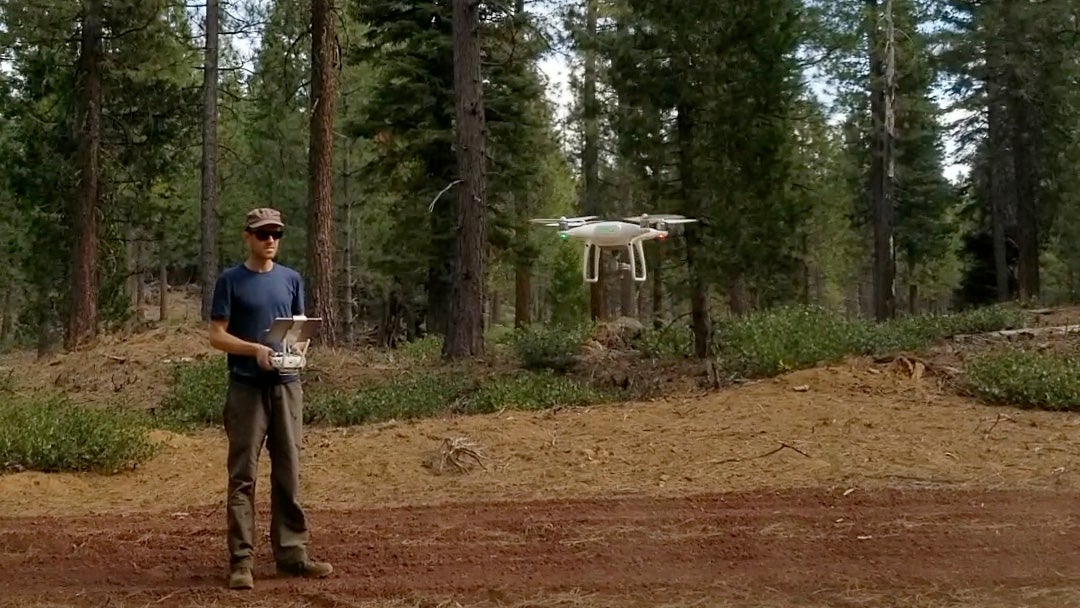
Zhaodan Kong is an associate professor of mechanical and aerospace engineering. He can discuss the use of unmanned aerial vehicles (UAVs) or drones and UAV swarms to monitor and combat wildfire. Contact: zdkong@ucdavis.edu
Cristina Davis is a professor of mechanical and aerospace engineering and associate vice chancellor of Interdisciplinary Research and Strategic Initiatives. She designs and implements cutting-edge chemical sensor systems to solve real-world problems and enable trace chemical detection in challenging environments. She can discuss the use of sensors with respect to wildfire-related issues. Contact: cedavis@ucdavis.edu
Wildlife and wildfires
Michael Ziccardi directs the UC Davis One Health Institute, Wildlife Disaster Network, California Veterinary Emergency Team (CVET), and Oiled Wildlife Care Network. A wildlife veterinarian, he can discuss the challenges and strategies of wildlife care response during wildfires. Contact: mhziccardi@ucdavis.edu
William Burke is associate director of planning for the California Veterinary Emergency Team. Administered by the UC Davis School of Veterinary Medicine, CVET leads collaborative veterinary response for the state during disasters, such as wildfire. Burke can discuss questions regarding animal disaster response. Contact: wmburke@ucdavis.edu
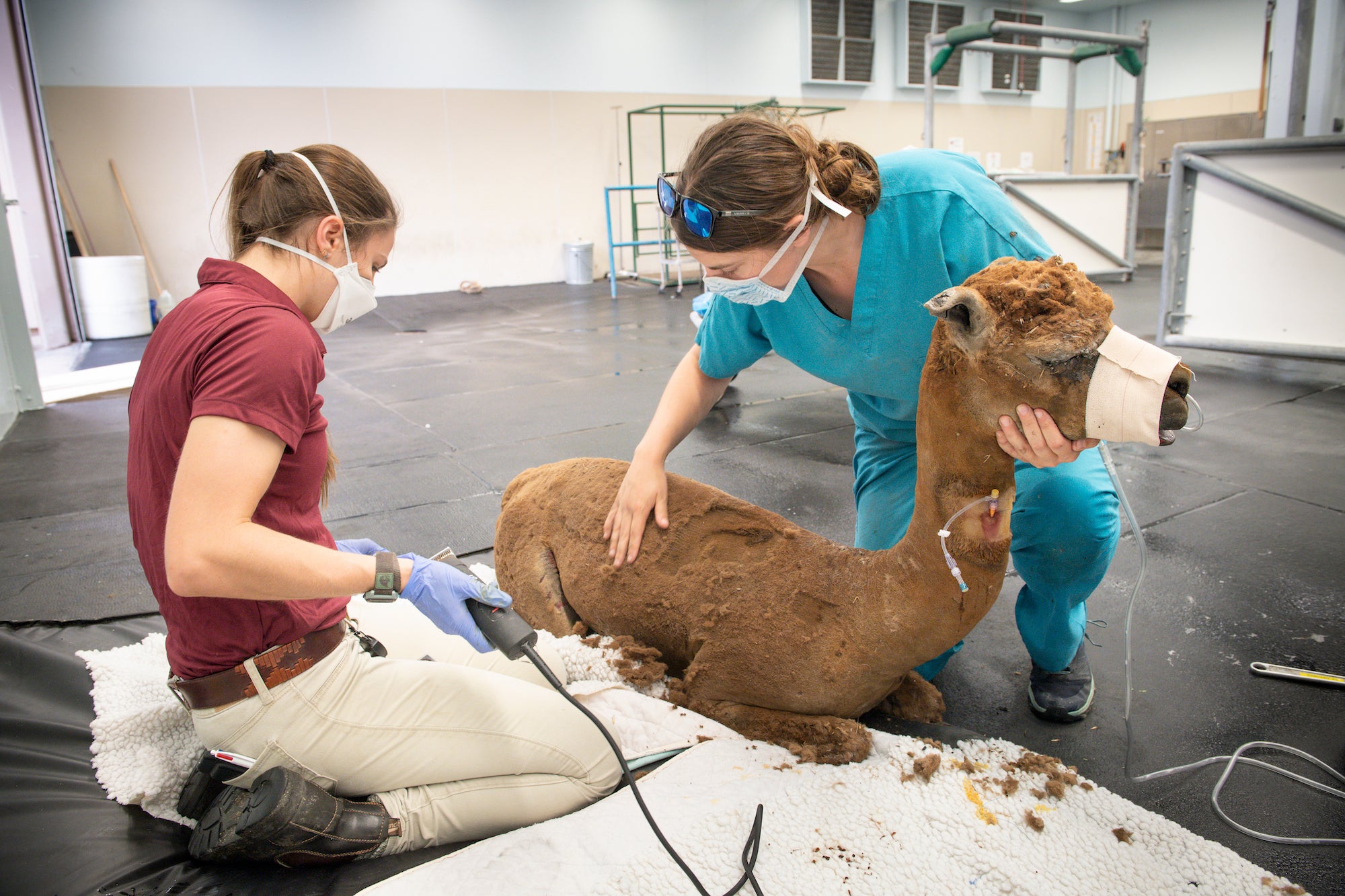
Burn injury
Tina L. Palmieri is a professor in the Department of Surgery, director of the Firefighters Burn Institute Burn Center at UC Davis, and assistant chief of burns for Shriners Hospital for Children Northern California. She can discuss the effects, treatment, and outcomes of all types of burn injury, including wildfires, as well as triage, medical response, and prevention of wildfire burns. Contact: 916-453-2050; or Public Affairs at UC Davis Health, 916-734-9040, hs-publicaffairs@ucdavis.edu
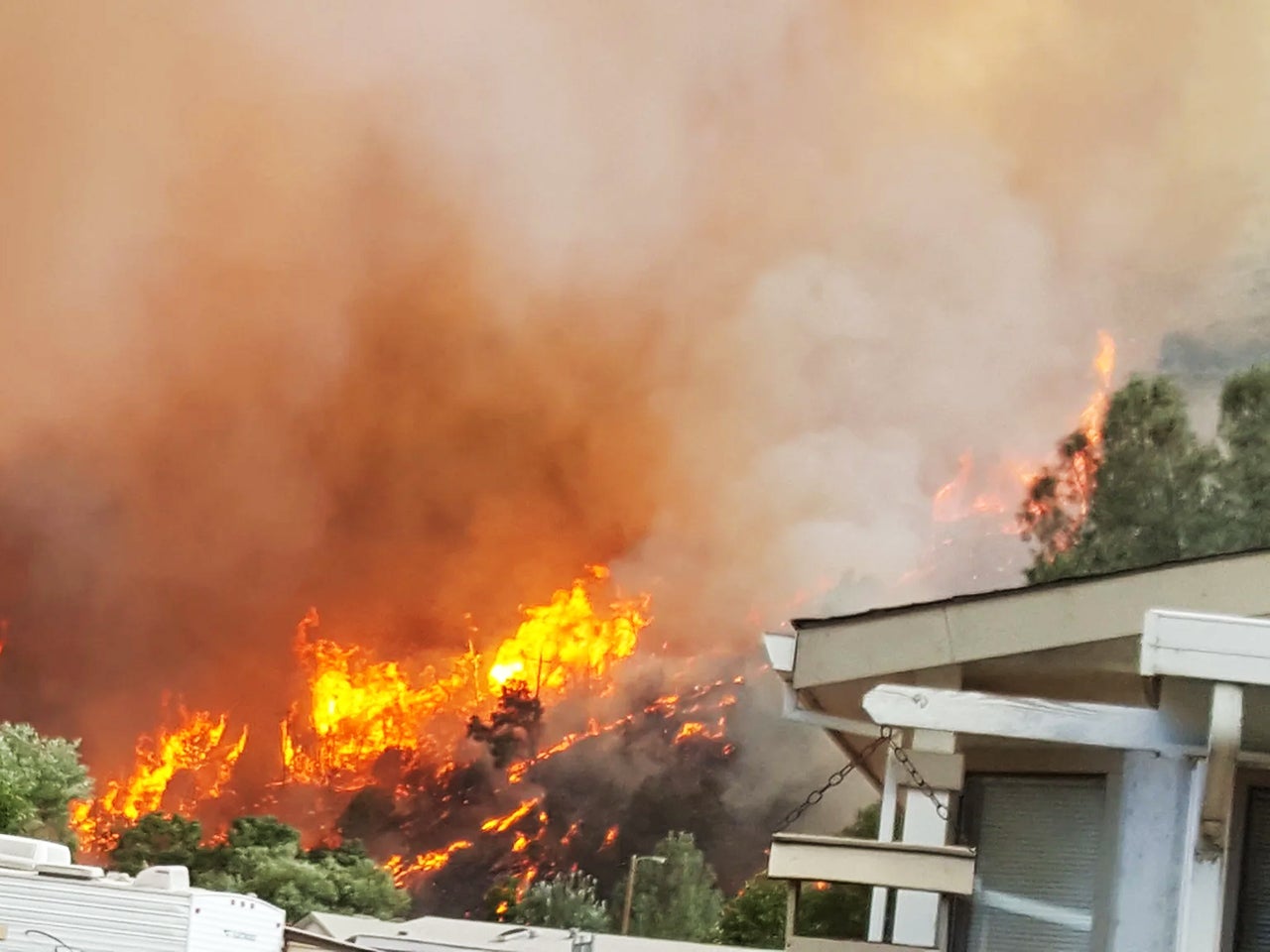
Experts Answer 8 Important Wildfire Questions
What is wildfire? What causes them? Are they getting worse? And more burning questions.
Subscribe to the Science & Climate newsletter
This experts list was updated in January 2025 from previous versions in 2018, 2019, 2021 and 2024.
Media Resources
Kat Kerlin, UC Davis News and Media Relations, 530-750-9195, kekerlin@ucdavis.edu
